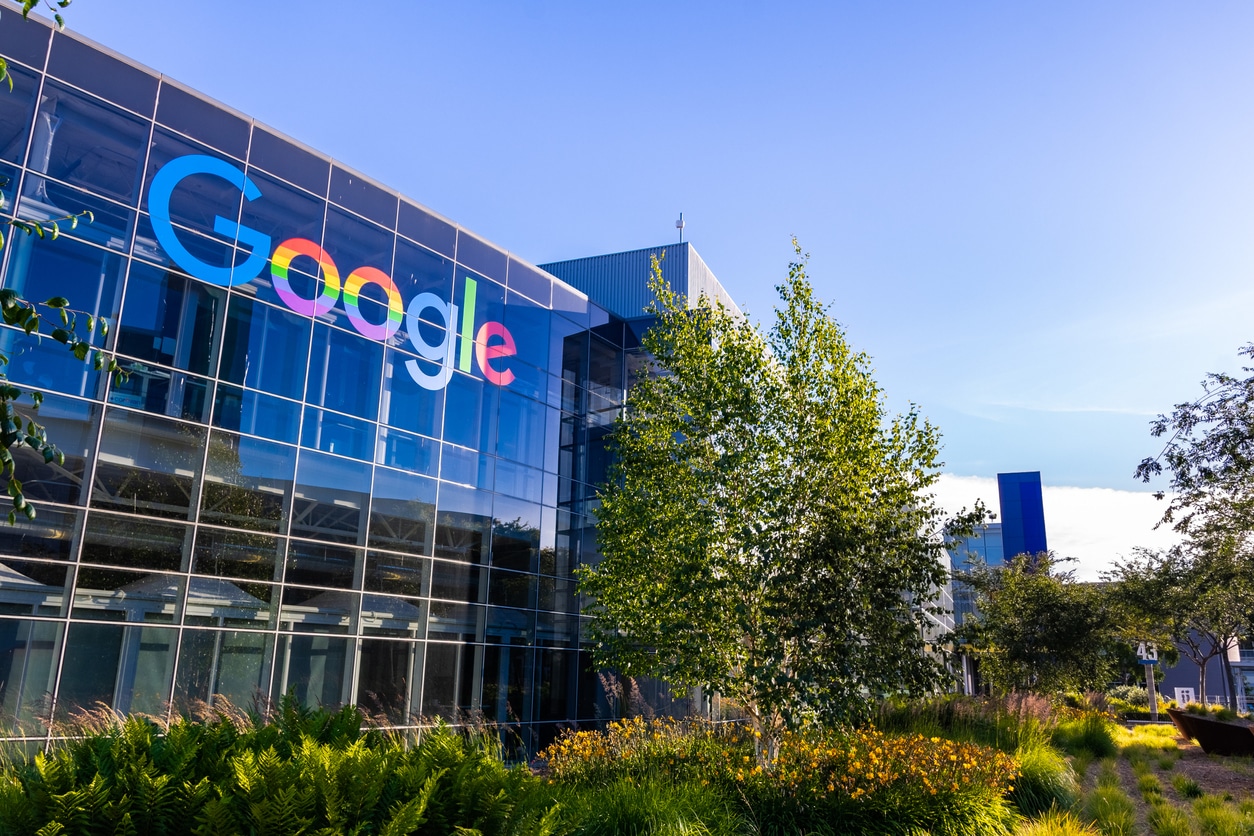
Sign up for smart news, insights, and analysis on the biggest financial stories of the day.
You know when you google “buy leather couch” and there, beneath the paid ads and Google Map results, you see Google Shopping’s horizontal row of loveseats and sectionals that you can click on to help refine your search? Yeah, that’s illegal now. Again.
Google yesterday lost an appeal to a 2017 EU General Court ruling that the search engine giant violated antitrust law by promoting its shopping service over rivals (a no-no known as “self-preferencing”) — and it now has to pay a €2.42 billion fine.
Objection Overruled
Back in 2017, the General Court found that Google had abused its power as the leading search engine by demoting rivals on its search results page. After hearing the appeal, the court determined:
- The EU’s competition commissioner Margrethe Vestager successfully argued Google is using its dominance in one industry (search engines) to get a leg up in another (e-commerce).
- Changes Google made after the initial ruling — such as charging rivals for better search page real estate — were not sufficient.
Some say the judgment gives the European Commission ammunition to begin tightening the screws on Google in other areas such as online advertising, app stores, and video streaming. “This victory is only the first step,” said Thomas Vinje, a lawyer for FairSearch, a trade association of Google competitors. The EU is already investigating the tech giant’s advertising technology, exploring if it has illegally privileged its advertising apparatus over competing ad tech providers and online publishers.
Three-and-a-Half Stars from Yelp: Google competitors were understandably happy. “Yelp welcomes today’s ruling,” said Luther Lowe, Yelp’s senior vice-president.
It Ain’t Over ’Til It’s Over: Google can still appeal the decision to the EU’s highest court, the European Court of Justice, highlighting how analog the EU’s antitrust infrastructure is. The original complaint against Google was filed back in 2009. That’s like 100 years ago in digital time.











